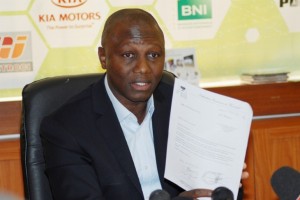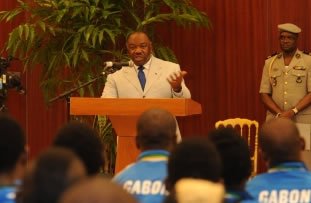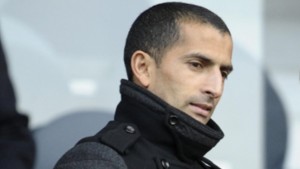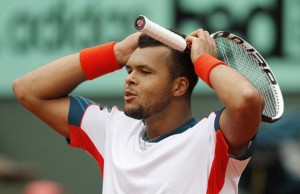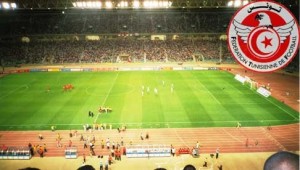The ominous penalty has been imposed, akin to the fall of a decisive axe. Ivory Coast is set to see a reduction in its representation in African competitions for the upcoming season, dwindling from four to only two teams (Séwé and Asec). This resolution was handed down by the Confederation of African Football, as per a communication dated October 22, 2013.
This development stems from a consecutive downturn in the performance of Ivorian clubs on the continental stage over the past five years. Sory Diabaté, the 1st vice-president of the Federation, elaborated on this situation in an interview with Le Sports this Tuesday.
“CAF conducts an annual ranking to allocate slots to the top 12 national associations. This year’s assessment considers the group stage performances of teams involved in African Cups from 2008 to 2012. The pertinent question is, how many Ivorian clubs successfully reached the group stage of the Champions League and the Confederation Cup during that period?” he queried.
The two clubs directly affected by this decision, Stella and AFAD, point fingers at the Federation for the inconvenience. Stella contends that the FIF “prioritizes allocating more resources to the national team than to the clubs,” while AFAD asserts that “local football deserves far more favorable treatment.”
In the aftermath of this setback, the FIF, voiced by Sory Diabaté, believes that the optimal solution involves proactively working to reclaim a spot in the African top 12. “We will engage in discussions with the clubs, establishing a think tank that won’t be an open forum at the General Assembly but will involve experts who can deliberate on the matter. How can lost positions be regained? What resources can we allocate? The Federation has a role to play, but we must also explore other avenues to support the clubs; otherwise, retaining players, elevating our standards, and staying competitive will prove challenging.”
Up until now, the FIF had been dedicated to providing financial support to clubs participating in African competitions. These funds, amounting to 25 million for the champion and the runner-up, and 15 million for each club qualifying for the Confederation Cup, played a crucial role in recruiting high-quality players.
Reporting from our correspondent in Ivory Coast, EMGEY Martial.



